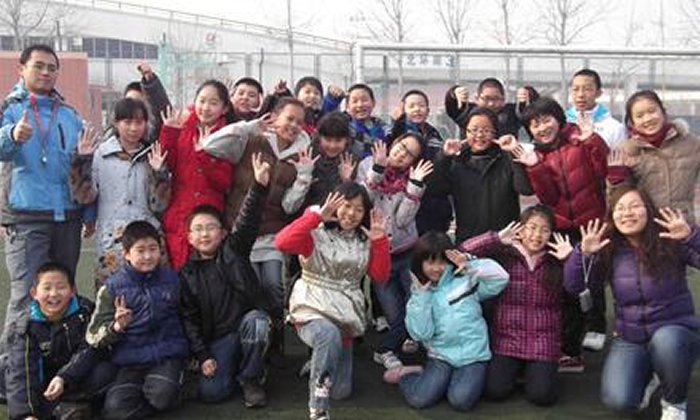北京泡泡少儿英语冬令营 下面告诉你学习英语我们可能常出现的一些误区。提前掌握,避免我们学习中出现的错误。
下面是北京泡泡冬令营总结的,以及改正错误的方法。
1. Not listening enough
听得不够
There’s a school of linguistics that believes language learning begins with a “silent period”. Just as babies learn to produce language by hearing and parroting sounds, language learners need to practise listening in order to learn. This can reinforce learned vocabulary and structures, and help learners see patterns in language.
北京新东方泡泡冬令营认为,语言学习应该从“无声阶段”起步。但是,就好比婴儿通过收听与模仿牙牙学语一样,语言学习者也需要通过听力练习加以提高。这不仅能强化学过的词汇与结构,还有助于学习者领悟语言模式。
Listening is the communicative skill we use most in daily life, yet it can be difficult to practise unless you live in a foreign country or attend immersive language classes. The solution? Find music, podcasts, TV shows and movies in the target language, and listen, listen, listen, as often as possible.
听力是我们日常生活中最常用的交流技巧,可练习起来就未必容易——除非你在国外生活或学习大量的语言课程。那到底该怎么办呢?找些外语歌曲、视频、电视剧和电影,然后尽可能地多听、多听、多听!
2. Lack of curiosity
兴趣不足
In language learning, attitude can be a key factor in how a student progresses.
学习语言,态度是决定学习者进步程度的关键因素。
Linguists studied attitude in language learning in the 1970s in Quebec, Canada, when tension was high between Anglo- and Francophones. The study found that Anglophones holding prejudices against French Canadians often did poorly in French language learning, even after studying French for years as a mandatory school subject.
20世纪70年代,在加拿大的魁北克省,讲英语和讲法语两派之间关系紧张,语言学家为此研究了语言学习中的态度因素。研究发现,对加拿大法语派持有偏见的英语派,即便多年接受法语义务教育,法语水平还是普遍较差。
On the other hand, a learner who is keen about the target culture will be more successful in their language studies. The culturally curious students will be more receptive to the language and more open to forming relationships with native speakers.
相反,对外语文化感兴趣的人更容易学好外语。对外语文化感兴趣的学习者更易于接受外语,也更愿意同当地人交往。
更多北京泡泡冬令营可关注微信公众号:kaixinxly(开心冬夏令营)了解我们最新动态

